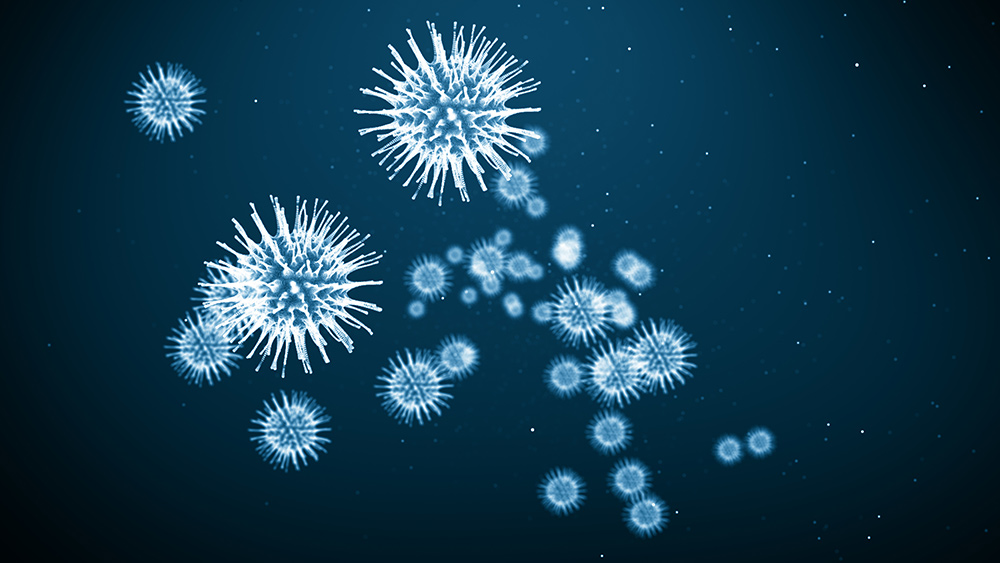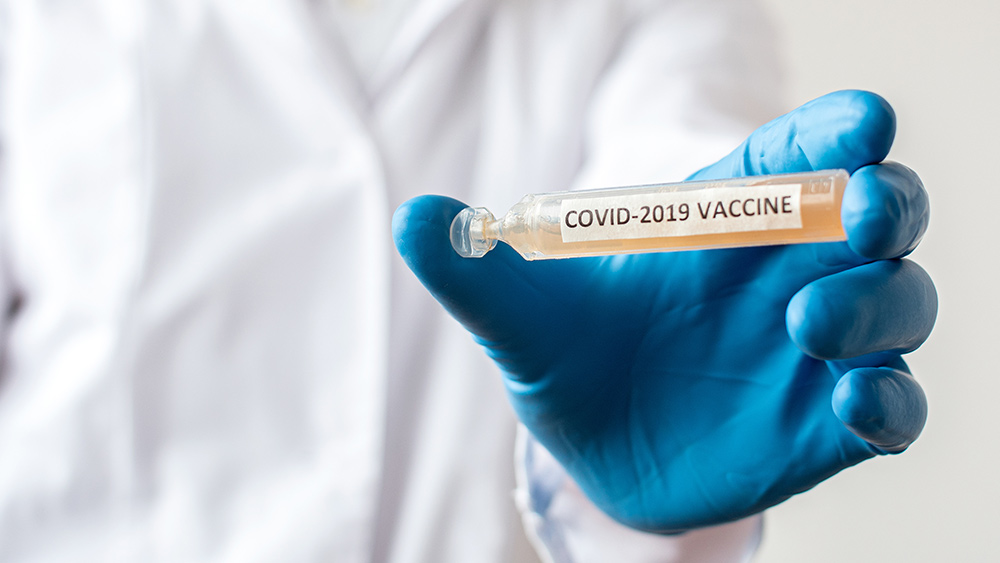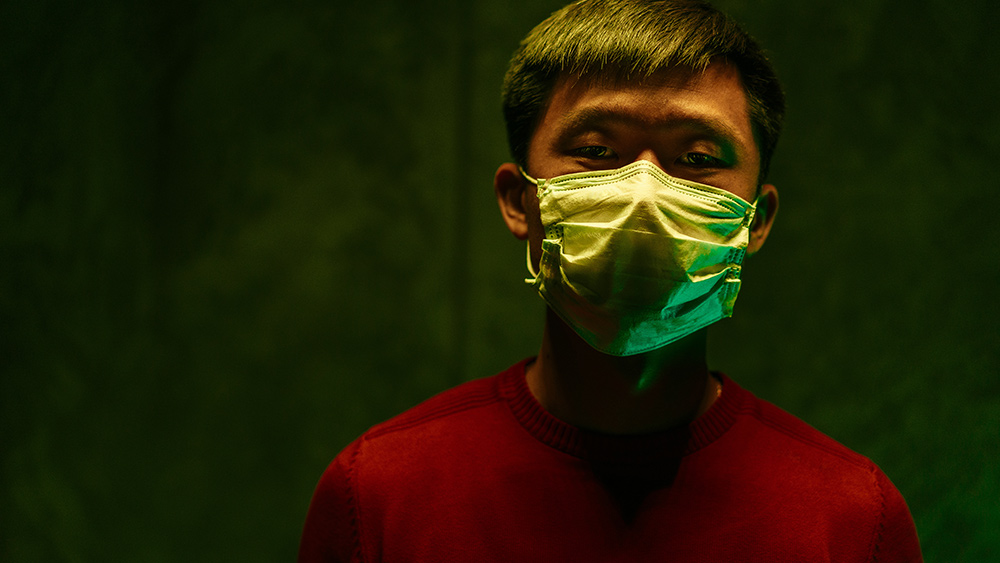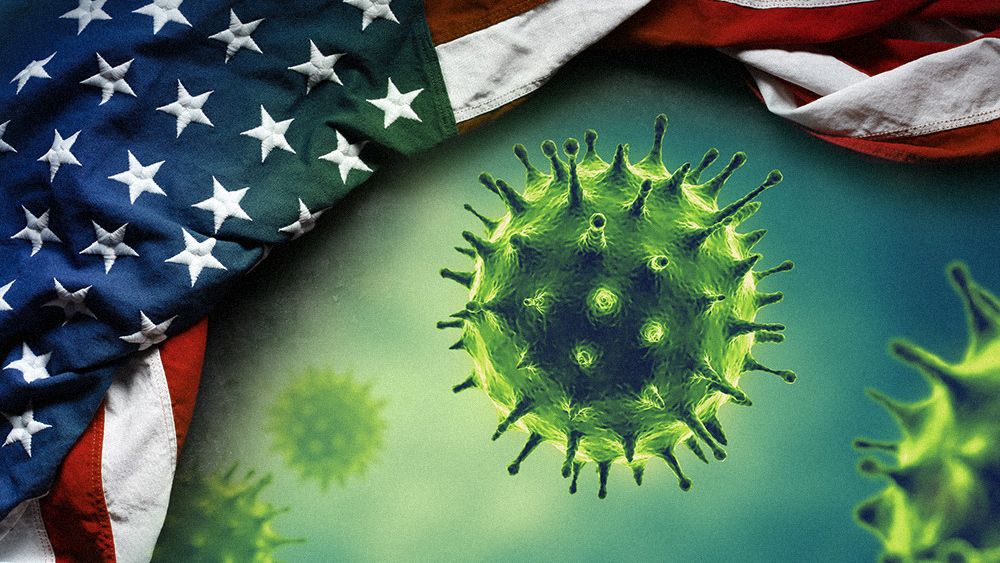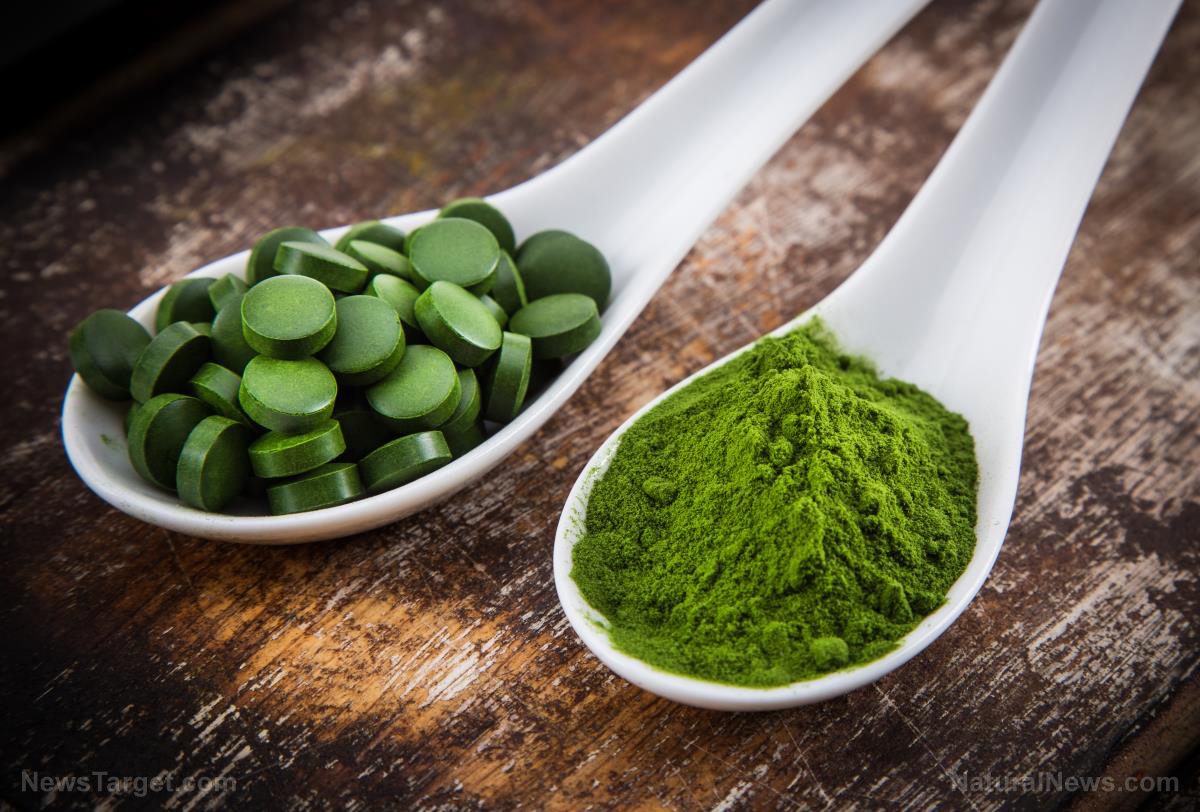The old swine flu vaccine caused permanent brain damage; will the new coronavirus vaccine do the same thing?
03/05/2020 / By Ethan Huff

Several years back when everyone was freaking out about the H1N1 swine flu, health authorities promised a “miracle” vaccine that, in the end, was shown to be far more dangerous than the swine flu itself because it caused permanent brain damage. Well, now this same situation is happening all over again with the Wuhan coronavirus (CoVid-19), with promised vaccines that will more than likely come with similar damaging adverse effects.
As you may recall, a shocking one in 16,000 people who were given the so-called Pandemrix vaccine, a product of GlaxoSmithKline (GSK), were later observed to develop some combination of narcolepsy, brain damage and even death. Some individuals reportedly lost their ability to sleep for more than 90 minutes at a time, while others suddenly fell unconscious without warning.
The result was that many victims ended up suing GSK, and in the United Kingdom authorities agreed to pay out the equivalent of nearly $100 million in damages. The whole thing was a major fiasco, in other words, demonstrating once again that vaccines are hardly ever what they’re cracked up to be.
Fast-forward about five years and here we are again with another major disease outbreak that the government says will require a novel vaccine in order to eradicate. And just like previous ones, it probably won’t be nearly as safe or effective as health officials will one day claim.
Listen below as Mike Adams, the Health Ranger, talks about this very thing, warning that future vaccines for the Wuhan coronavirus (CoVid-19) will more than likely be substantially more dangerous than the virus itself:
SARS-CoV vaccines shown in study to cause immunopathology and increased susceptibility to more disease
A 2012 study published in the journal PLoS One found that getting jabbed with SARS (severe acute respiratory syndrome) coronavirus vaccines can cause a person to develop pulmonary immunopathology, meaning more infection.
Researchers out of Texas determined that while getting vaccinated against SARS coronavirus results in a strong antibody response, the associated “challenge” of immunopathology creates other problems that, once again, makes these “medicines” more harmful than good.
“These SARS-CoV vaccines all induced antibody and protection against infection with SARS-CoV,” they concluded. “However, challenge of mice given any of the vaccines led to occurrence of Th2-type immunopathology suggesting hypersensitivity to SARS-CoV components was induced. Caution in proceeding to application of a SARS-CoV vaccine in humans is indicated.”
It’s not as though the average person will even be able to get a future Wuhan coronavirus (CoVid-19) vaccine, seeing as how it will probably be too expensive for the average person who isn’t a multi-millionaire. However, should it end up being subsidized in some way, the general public needs to beware of what could end up happening to them.
What we’re witnessing is, in many ways, a repeat of what happened during the swine flu scare. Health authorities and governments around the world created fear and panic over a novel disease in order to scare millions of people into getting a vaccine that was more dangerous than the disease itself. And just like with the Wuhan coronavirus (CoVid-19), taxpayers are largely footing the bill.
“There’s also a third option that nobody seems willing to consider: Tell everyone to take vitamin D and start eating anti-viral herbs and foods,” suggests the Health Ranger. “But since that advice doesn’t enrich the drug companies, no one in any position of authority dares state the obvious solution to all this.”
For more related news about the Wuhan coronavirus (CoVid-19), be sure to check out Pandemic.news.
You can also follow Outbreak.news for the latest Wuhan coronavirus (CoVid-19) updates.
Sources for this article include:
Tagged Under: brain damage, China, coronavirus, covid-19, deadly medicine, disease, global emergency, infection, novel coronavirus, outbreak, pandemic, permanent brain damage, swine flu, vaccine, vaccine injury, vaccines, virus, Wuhan, Wuhan coronavirus

